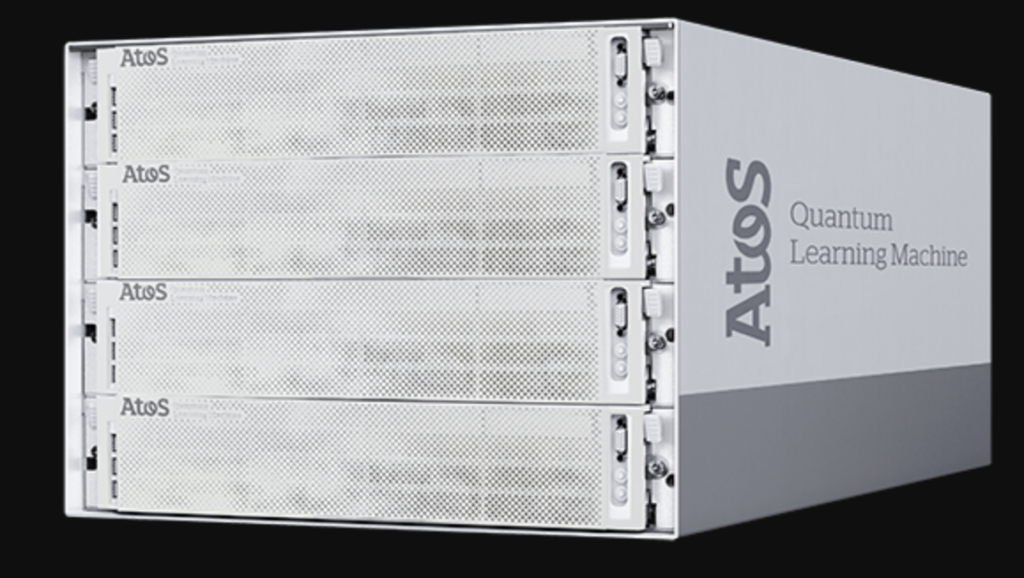Atos Delivers First Quantum Learning Machine in Spain to CESGA
Atos has delivered its Atos Quantum Learning Machine, the world’s highest-performing commercially available quantum simulator, to the Galician Supercomputing Center (CESGA). This is the first quantum simulator to be installed in Spain, positioning CESGA as a pioneer in quantum simulation.
The Atos Quantum Learning Machine (QLM) which is now operational, will enable CESGA technicians, developers, and users to develop, optimise and test quantum applications and models. It will be used for European research projects that CESGA is currently working on, in collaboration with university and industry researchers, in the areas of science and technology such as nanotechnology, new materials and industrial processes, health and life sciences and ocean sciences.
 Atos will also provide a training program and continue to enhance the system throughout its lifetime to ensure that it delivers the functionality required.
Atos will also provide a training program and continue to enhance the system throughout its lifetime to ensure that it delivers the functionality required.
This delivery and installation of the Atos Quantum Learning Machine QLM-30 simulator, which will allow the development, optimisation and testing of quantum applications, is framed within Atos’ previous contract for the supply and installation of the general purpose scientific and technical supercomputing and data storage solution Finisterrae III.
Agnès Boudot, Senior Vice President, Head of HPC & Quantum at Atos, said “We’re honoured to be supplying the first quantum simulator in Spain and look forward to supporting CESGA and the Spanish science and research community to develop and experiment with quantum software to be prepared for the upcoming era of quantum computing.”
Ready for the Quantum Age
Combining an ultra-compact, high-powered machine with a universal programming language, the Atos Quantum Learning Machine enables researchers and engineers to develop and experiment with quantum software. It is the world’s only quantum software development and simulation appliance for the coming quantum computer era. The Atos QLM simulates the behaviour of a quantum computer, which means that quantum algorithms can be developed without the need for quantum hardware.
The system paves the way for optimising digital quantum simulation in the first intermediate-scale quantum computers to be marketed in the coming years (called NISQ – Noisy Intermediate-Scale Quantum).
